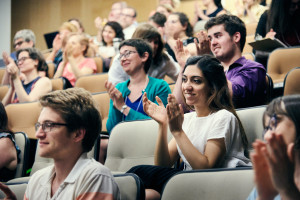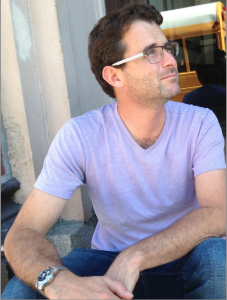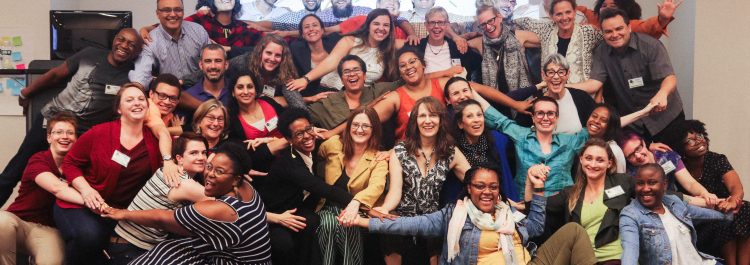 F2018 SALTISE Mini-Grant Awards
F2018 SALTISE Mini-Grant Awards
SALTISE/S4 – Acknowledgements
– Entente Canada Quebec (ECQ) grant
– Year 1 of grant
– Supporting Active Learning & Technological Innovation in Studies of Education/S4
Executive Committee
SATLISE Co-Directors – Elizabeth S. Charles, Nathaniel Lasry
Selection Committee – Michael Dugdale (John Abbott College), Uzma Jamil (Dawson College), Monica Lopez (Marianopolis College), Carol Hawthorne (Concordia University), Diana Rice (Dawson College), Azra Khan (Dawson College)
And the Fall 2018 Winners are…
McGill University – Drew Bush

Citizen Science Curriculum Using Data Rescue: Archives and Weather (DRAW)
This mini-grant enables the development of a citizen science curriculum utilizing the Data Rescue: Archives and Weather (DRAW, https://citsci.geog.mcgill.ca) Project and its expansion to new post-secondary institutions. Students learn from experience with scientific data from Montreal’s past. UPDATE: We analyzed March/April 2018 pilot data from Dawson College.
Vanier College – Kevin Lenton

Designing an Automated Teacher-Tracker and a “Gaze-Tracker” to Improve Teacher Orchestration
This project aims to develop a tool to examine why teachers use resources [defined broadly] in the classroom. This includes where and how teachers move: what attracts a teacher’s attention to a group? The end-goal would be to match tracking data with video of classrooms and observe how classroom resources e.g. smart boards, white boards, and activity design itself can give feedback to teachers.
UQAM – Abdeljalil Métioui

Développement d’un double questionnaire à choix multiples : Circuits électriques
Un double questionnaire à choix multiples en format numérique a été conçu pour diagnostiquer rapidement les conceptions d’étudiants sur les circuits électriques. Pour chaque question, ils doivent préciser la véracité d’un énoncé (vrai/faux) et ensuite choisir parmi un ensemble de justifications laquelle est conforme au choix initial de réponse.
McGill University – Maclean Rouble
Taking the Lab Outside
We look to examine the effectiveness of traditional teaching methods in the undergraduate physics instrumentation laboratory by designing an alternate, active-learning-oriented curriculum accompanied by a portable electronics learning platform, and performing a quantitative comparison of the two teaching methods.
 Dawson College – Joel Trudeau
Dawson College – Joel Trudeau
Arduino-based Learning Modules for Hackathon
This project will create and pilot learning modules that will be Arduino-based. These modules will involve learning activities that develop knowledge required to build and program microelectronics to perform specific tasks. Students and faculty will collaborate to test and refine learning activities in Fall 2018 with the goal of implementing a pilot in one or more courses in Winter 2019. A related hackathon event where students will work in teams to find creative solutions to a themed challenge will be organized to promote these activities.
Cégep de Saint-Jérôme – Sébastien Wall-Lacelle
Virtual Reality and Labster
Simulations are used in many domains and the literature contains countless studies showing a significant increase in learning when simulations are compared to traditional pedagogy (Rutten, van Joolingen, & van der Veen, 2012). Therefore, this project proposes to purchase six virtual reality devices to study the effects of virtual laboratory activities on learning, motivation and engagement in chemistry, physics and biology cegep classes. By exposing students to learning scenarios that include these simulations and comparing their results and feedback to students in lecture-based activities on the same concepts, we hope to gain insights on the effects of immersive VR simulations on learning, motivation and engagement.



